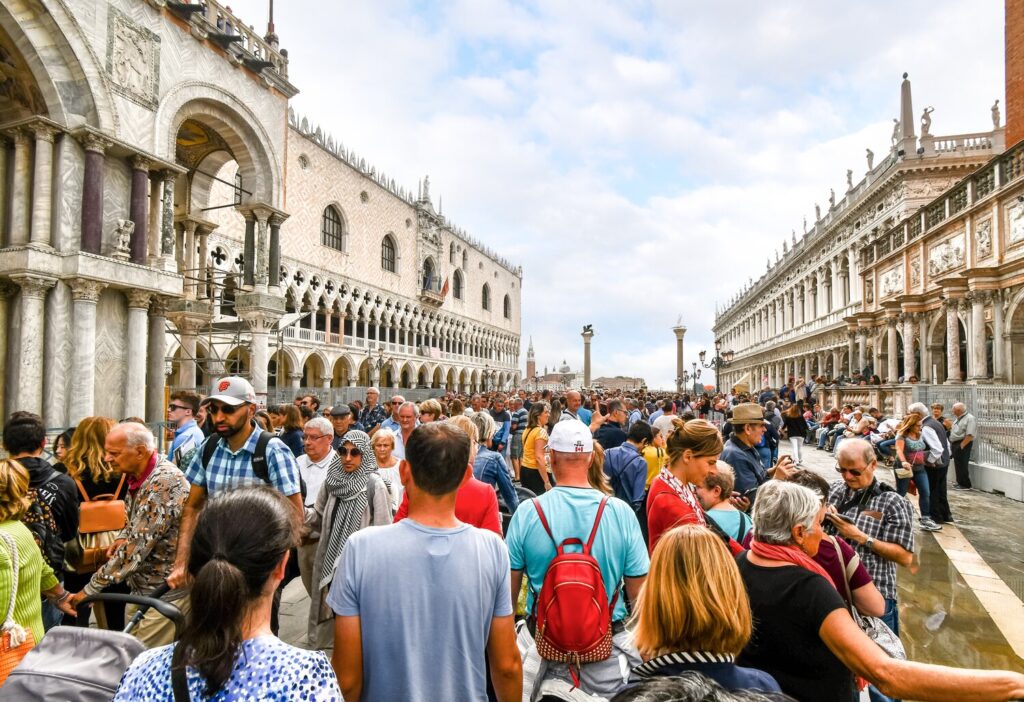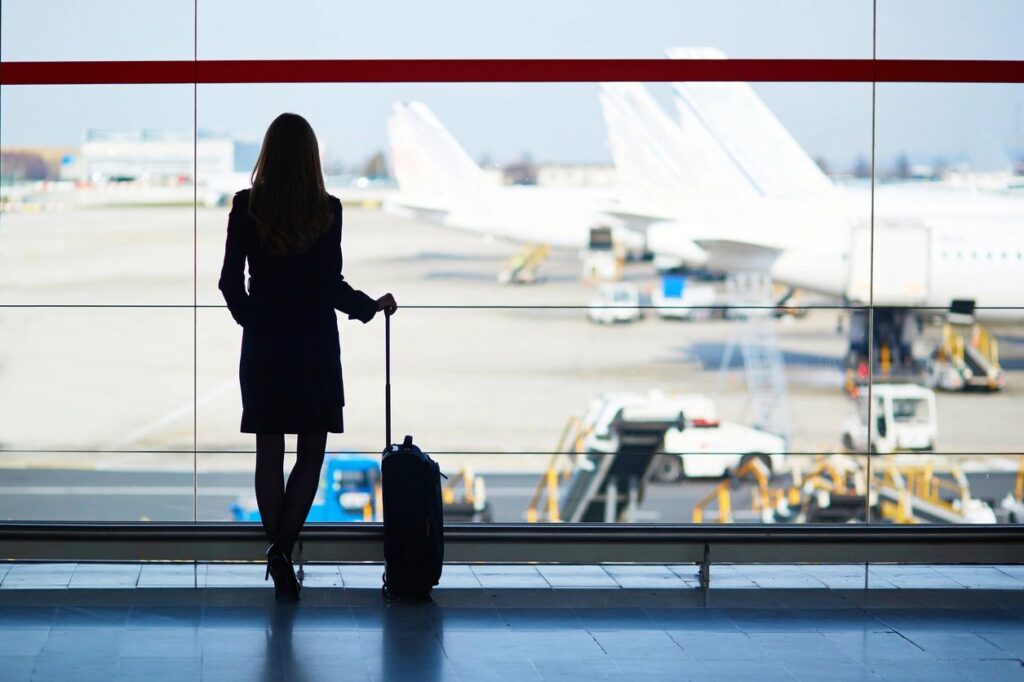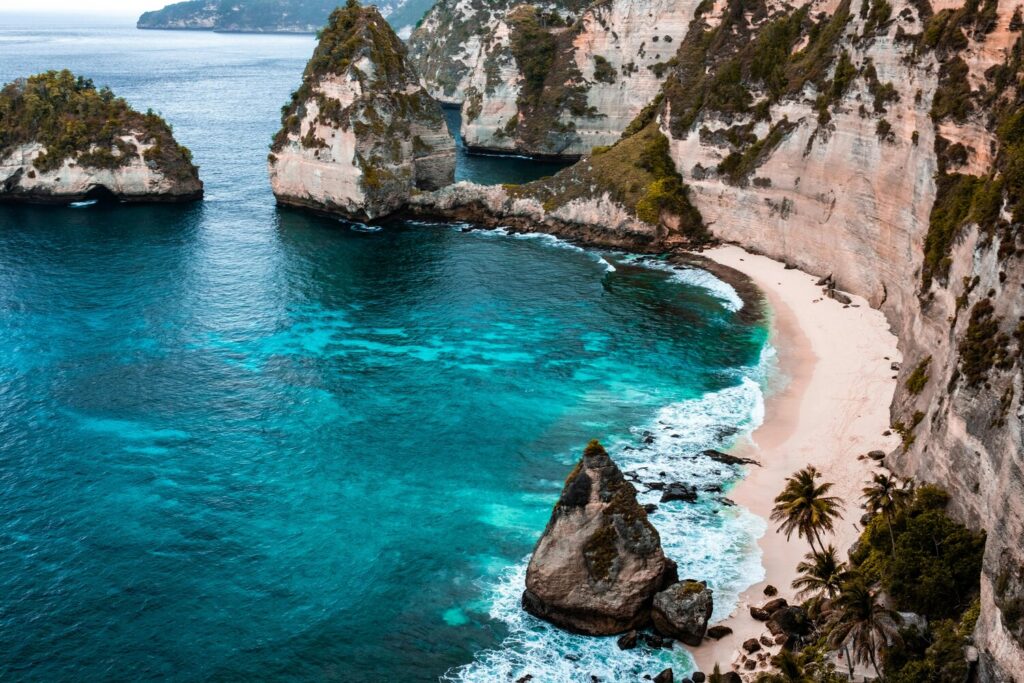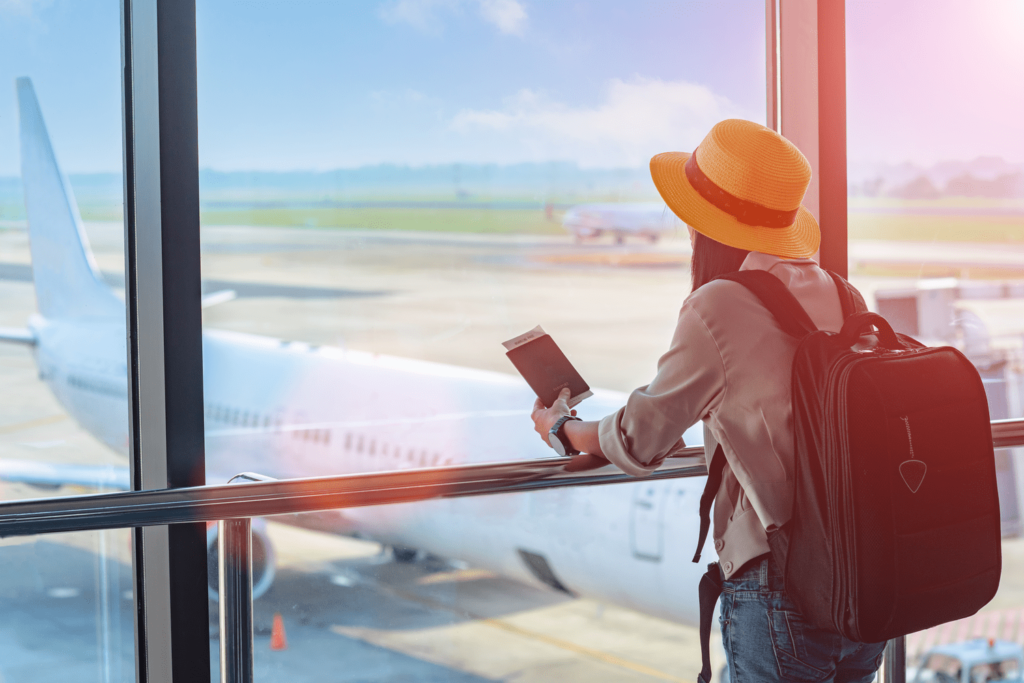
Overtourism: Where Do We Draw the Line in Terms of Digital Nomad Travel?
“The gentle reader will never, never know what a consummate ass he can become until he goes abroad.”
– Mark Twain, The Innocents Abroad.
Protesters in Barcelona recently sprayed visitors eating in a café with water pistols as part of a demonstration against mass tourism. While this was widely derided as going too far and punishing the wrong source of the overtourism, the real question is: when is enough enough in terms of overtourism? Who is really to blame? And how can we balance making profits from tourism in a country vs. keeping the cost of living affordable?
I have personally witnessed the effects of overtourism myself as a resident of Lisbon, Portugal. I am both part of the problem since I am an expat living in an apartment that could’ve been taken by a local, but I am also paying social security and taxes to Portugal and doing my best to meet locals and integrate into the Portuguese culture. If you saw me on the street in Lisbon, however, you wouldn’t be able to tell if I was a tourist or a local. So, should you “shoot” me in the street? I would argue that the person you should take issue with instead is the government official who allowed non-Portuguese to apply for residence and tourists to visit en masse. Perhaps, you should also blame social media influencers for showing Portugal’s beautiful views and beaches on repeat.
As long as countries continue to allow low-cost airlines to land at their airports, Airbnbs and hotels to operate in their territory, and social media accounts to market their interesting places, overtourism is going to continue to become a problem. Because remote work is now also prevalent, it is now easier than ever to work from anywhere and stay in a place for as long as a country’s rules will allow.
I have seen the easy solution for controlling the amount of tourism: charge a ton of money for the privilege. I saw this firsthand when I visited Bhutan in 2017. As a US citizen, I was only allowed to visit Bhutan as part of a tour and a daily tour tariff of around $250 was imposed as part of my total tour cost! As you might expect, I never encountered any crowds in Bhutan. This is the kind of charge that will actually limit the number of visitors, not the €5 per day that Venice recently began charging tourists. “Five euros a day to go to Venice? Ridiculous! I’m cancelling my trip!” – said no one ever. These kind of paltry tourist taxes only seem to line the pockets of the government and certainly don’t go to the people with the water pistols in their hand.
How Can Digital Nomads Help With Overtourism
So where does this leave digital nomad travel in the age of overtourism? The future, I believe, is a distribution of digital nomads to a wider number of places. Most digital nomads I’ve met don’t often go the places that tourists do. They are more likely to visit a local café than the Sagrada Familia. However, this doesn’t mean that they aren’t taking a room that a local may have rented long term in the city. Even so, digital nomads can stay in places that are more off the beaten path for longer periods of time than tourists on two-week vacations.
To manage their carbon footprint and give back in a manageable way to the local economies, perhaps the solution is to seek out the quieter places and not talk about it on social media. Find new places off the beaten track or go to the popular places in the quieter parts of the year. Eat at places run by locals and shop at mom-and-pop shops. Travel more slowly and with the intention to integrate. Stay in hotels or find a way to stay with local families or friends when you are traveling as a tourist.
Travel is never going away, but as it continues to explode in popularity and become easier to access, it is important to consider the way in which we travel as digital nomads and how it is impacting the environment. In the meantime, locals should take their issues to the local government and not target the tourists themselves.







Responses